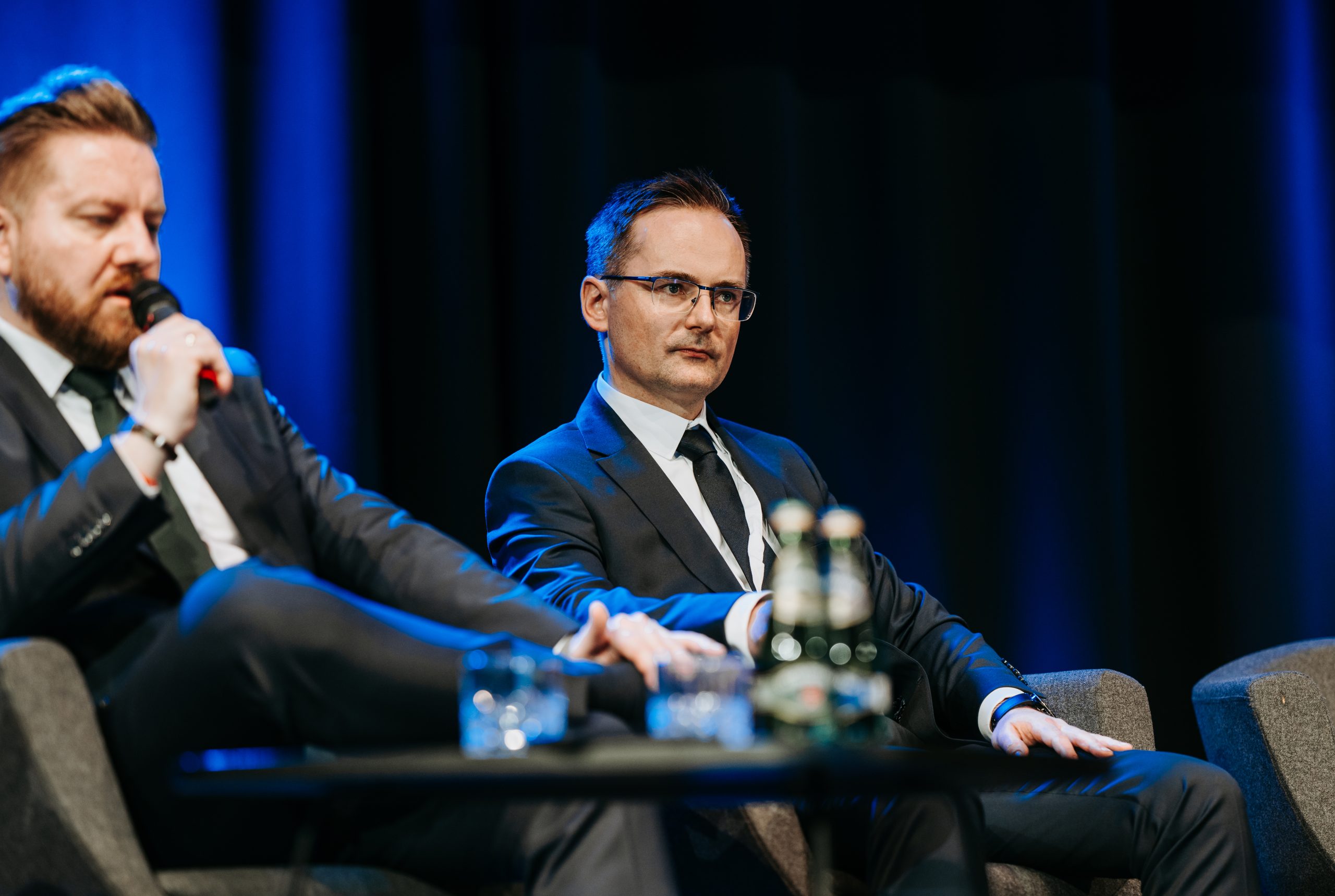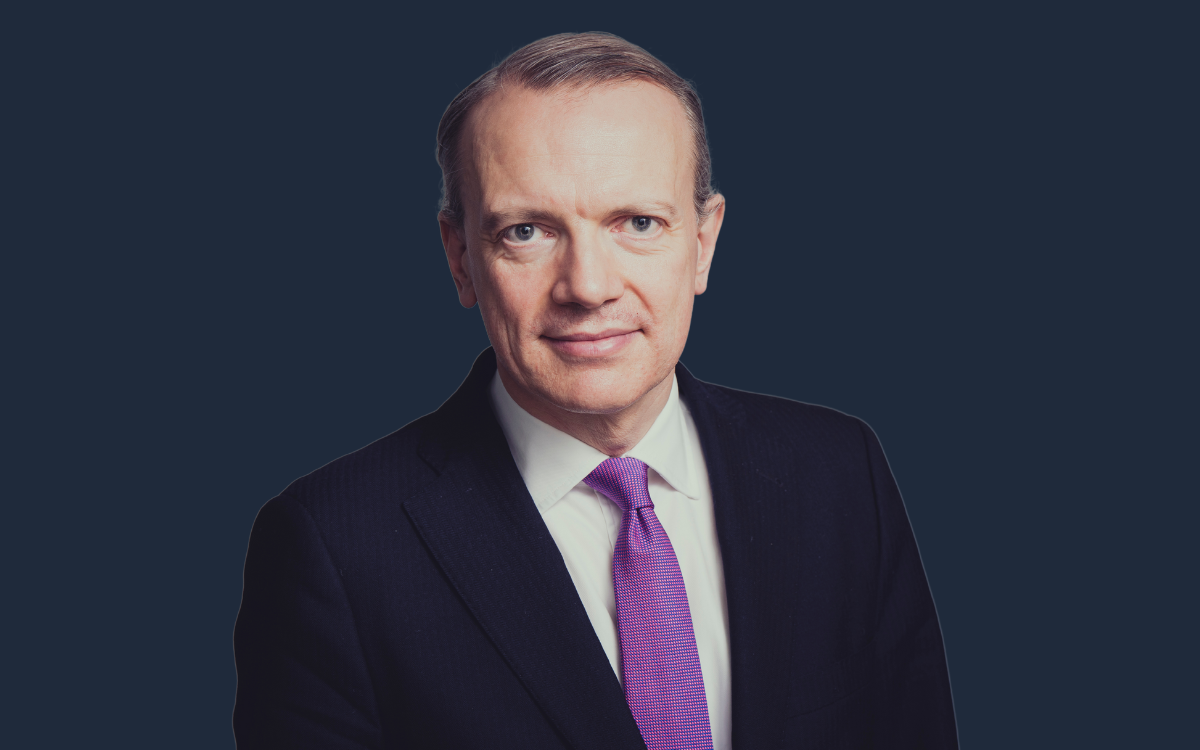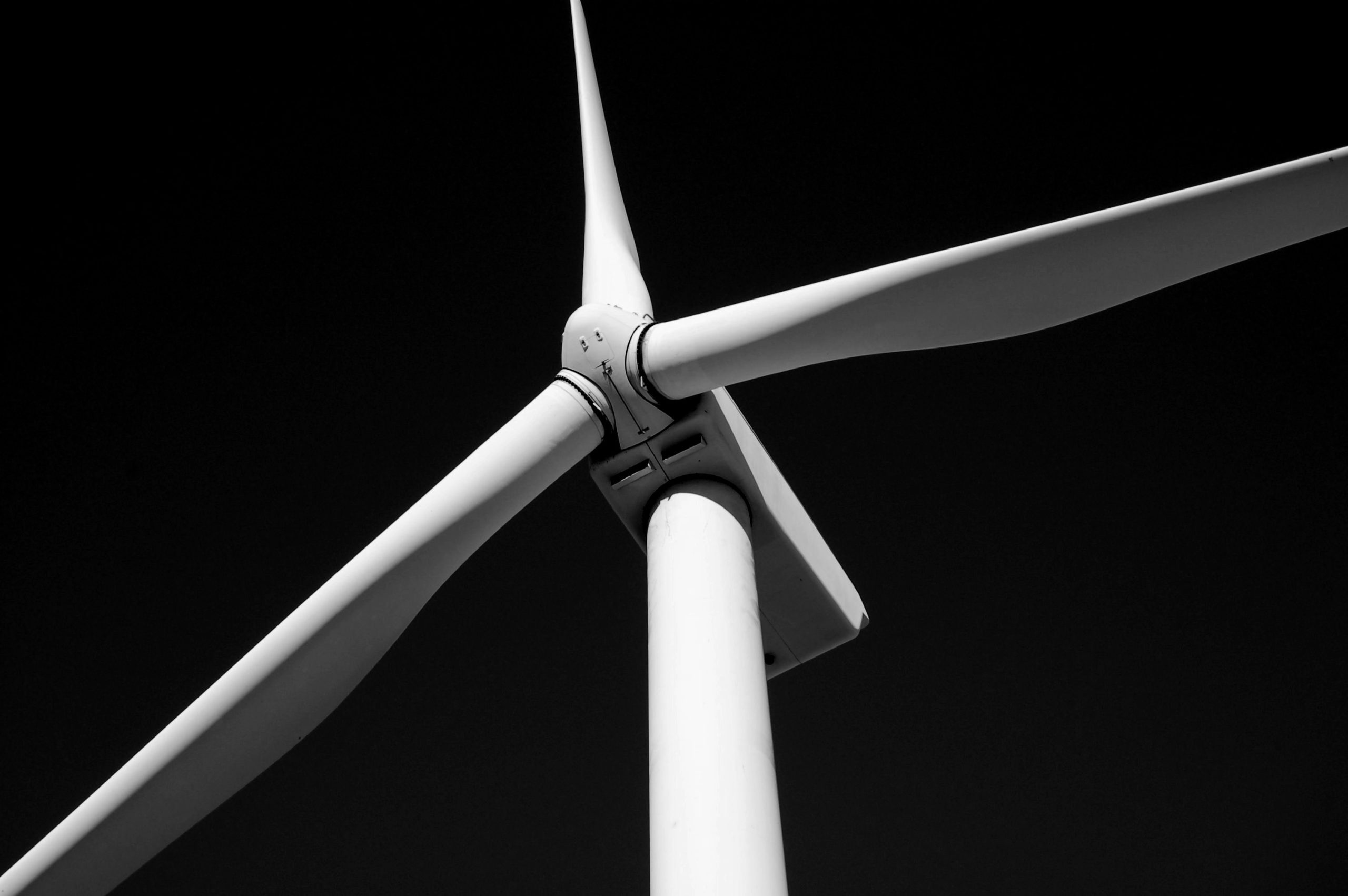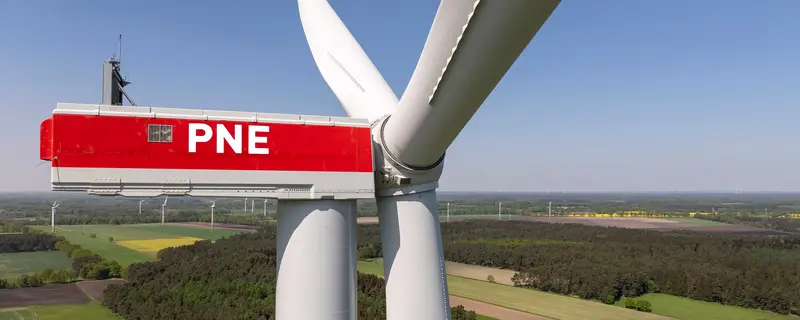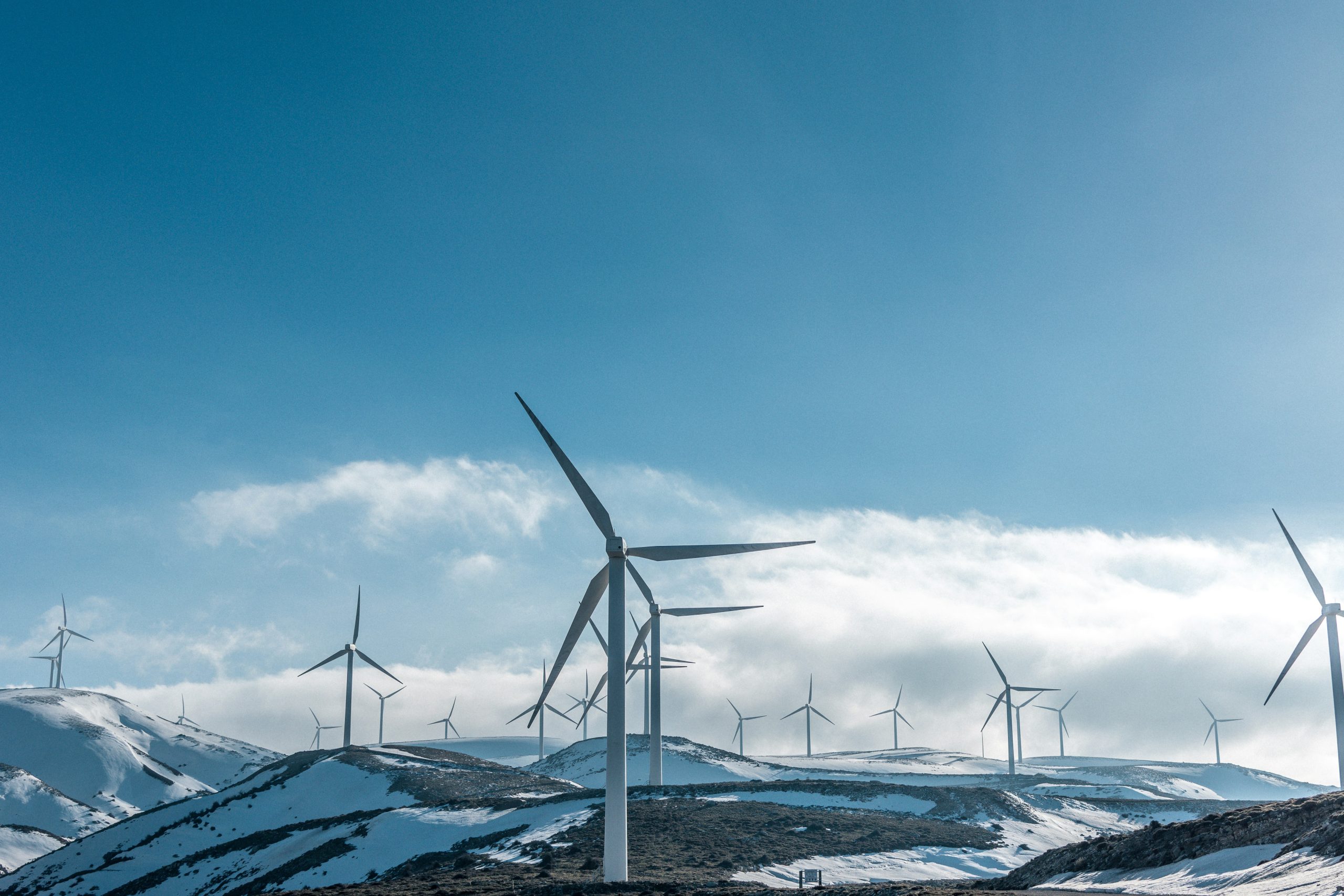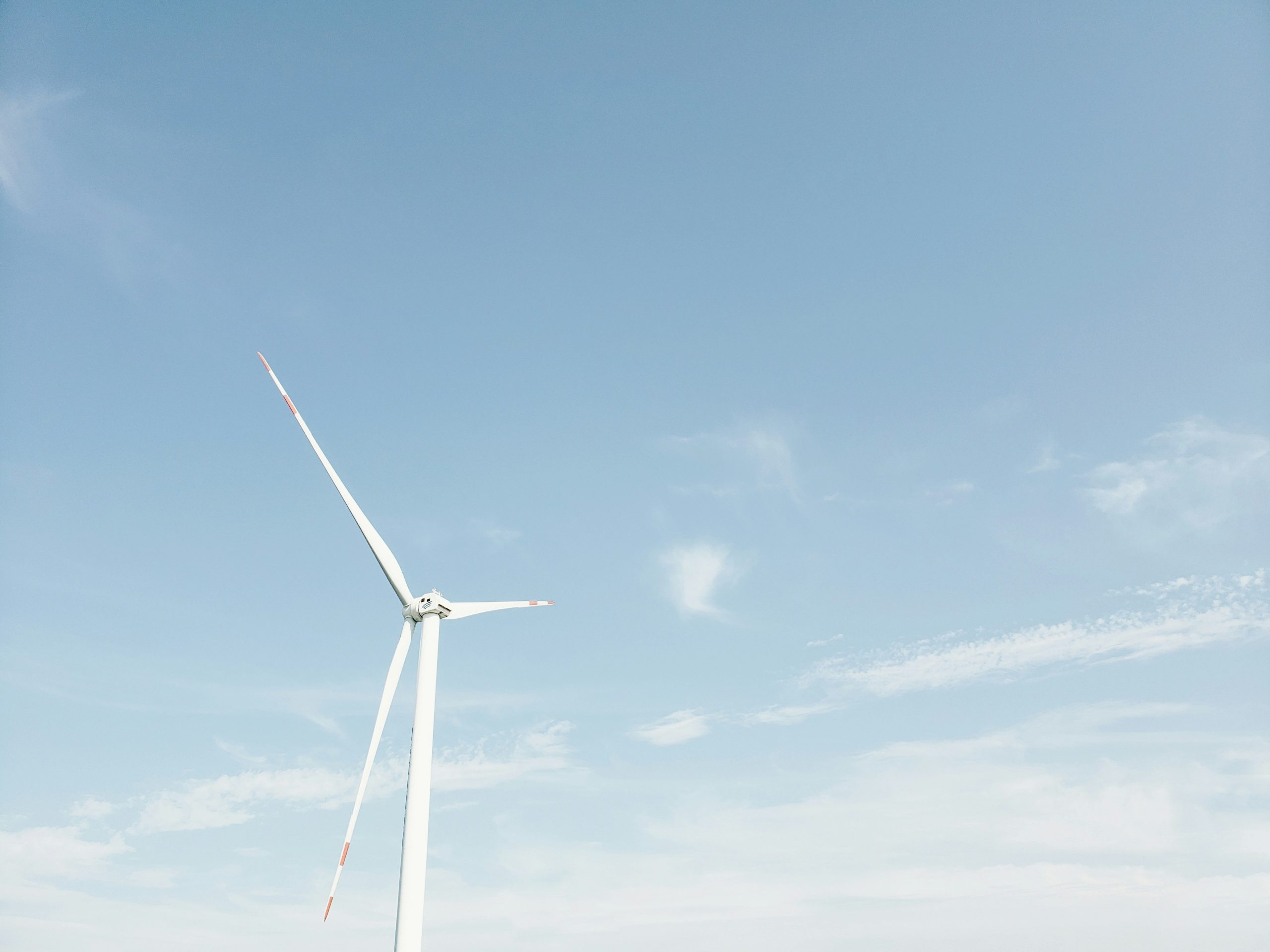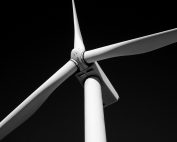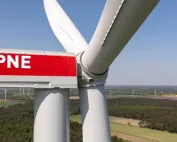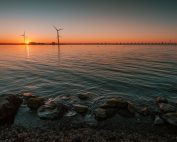During the Baltic Sea Offshore Wind Summit 2025 in Gdansk, a panel discussion titled “Ports of Power: Enabling Offshore Installation and Maintenance” underscored the vital role of port infrastructure in the burgeoning offshore wind sector. Marek Świerżyński, Engineering Associate Director at Ocean Winds, contributed significantly to the debate, emphasizing the necessity of port development and collaboration for the industry’s growth.
The Baltic Sea Offshore Wind Summit 2025, held at the European Solidarity Centre in Gdansk, served as a crucial platform for industry leaders, policymakers, and experts to discuss the future of offshore wind energy in the Baltic Sea region and accelerate the green transition. Ocean Winds POLSKA participated as a partner, actively supporting discussions on key challenges and solutions for the offshore sector’s development.
The “Ports of Power” session specifically addressed the essential infrastructure required for the installation, operation, and maintenance of offshore wind farms. Marek Świerżyński, representing Ocean Winds, shared valuable insights during the panel. He emphasized that ports are not merely infrastructure but a fundamental element for the development of offshore wind energy, requiring long-term investments and continuous support for infrastructure development. He stated, “Baltic region is an emerging region, and Gdańsk and other ports in the Baltic region are basically the emerging players right now, which is very positive.
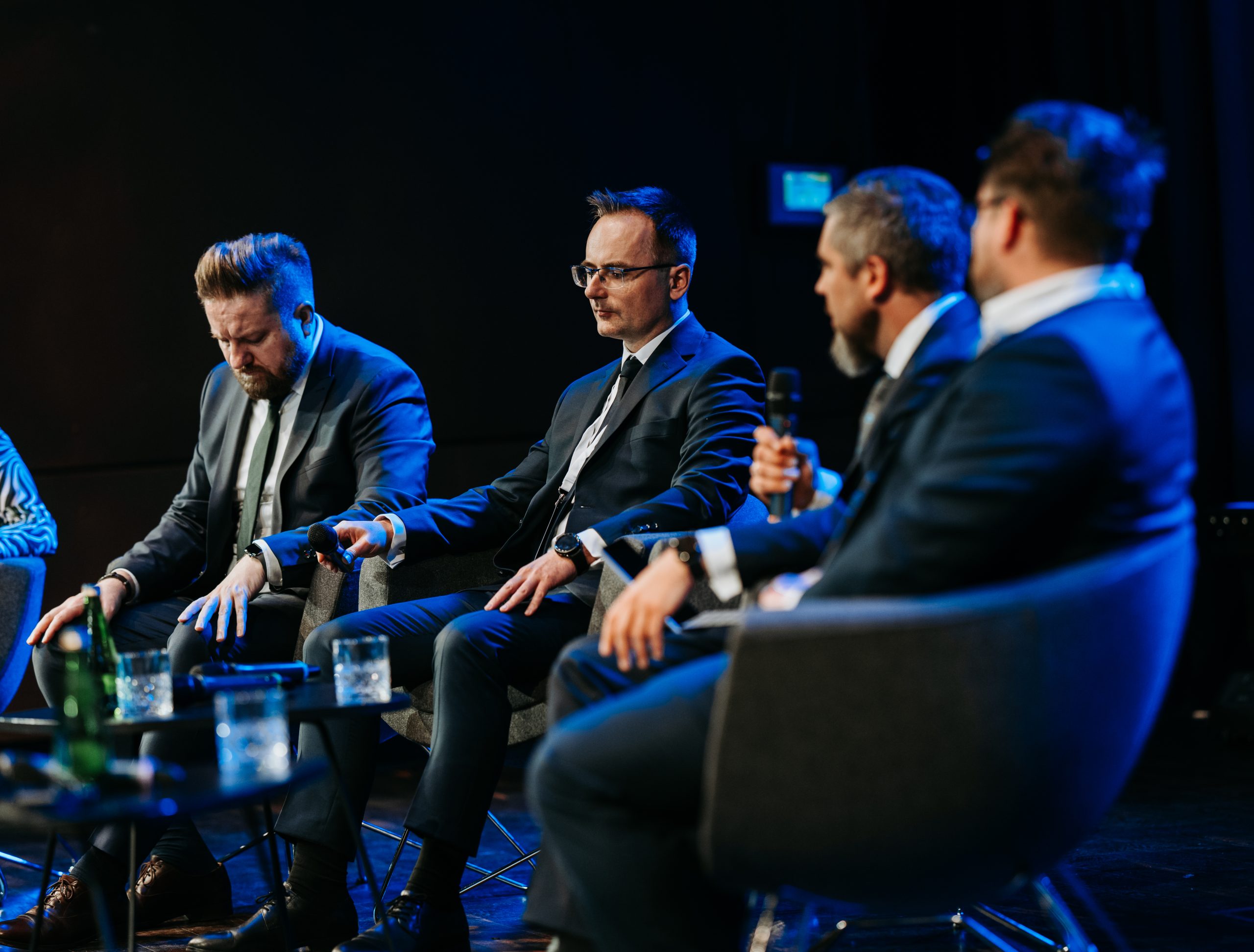
Drawing on his company’s experience, Świerżyński pointed out that Ocean Winds is actively developing projects in Poland, having selected a service port in Władysławowo. He noted the positive attributes of this port, including good conditions, proximity to their site, and sound infrastructure with access roads and a rail station. He anticipates the construction phase to commence in 2026, with the port becoming operational in 2028. Furthermore, he mentioned that the process of selecting ports for foundations and wind turbines is in its final stage, involving thorough checks of technical, commercial, and legal parameters.
Świerżyński acknowledged the Baltic Sea region as an emerging player in the offshore wind sector, with ports like Gdansk playing an increasingly positive role. He suggested that Baltic ports should learn from the history and experience of more established ports in the North Sea, particularly regarding infrastructure parameters, operational efficiency, safety practices, permitting processes, and regulations. He elaborated on this by saying, “The Baltic region and its ports, during infrastructure upgrades, shall take the insights and lessons learned from other ports in the North Sea, because these ports have already supported offshore wind farms, and they have the experience and knowledge. However, he also stressed the importance of considering current market trends when planning investments and upgrades to handle large components such as towers, nacelles, blades, and monopiles, ensuring they align with project needs.
Looking ahead, Świerżyński expressed his belief that the Baltic region’s port infrastructure will be ready within two years to support the ambitious targets for offshore wind in the region. He envisions Baltic ports playing a crucial role in project execution and operations, contributing to a sustainable and resilient future.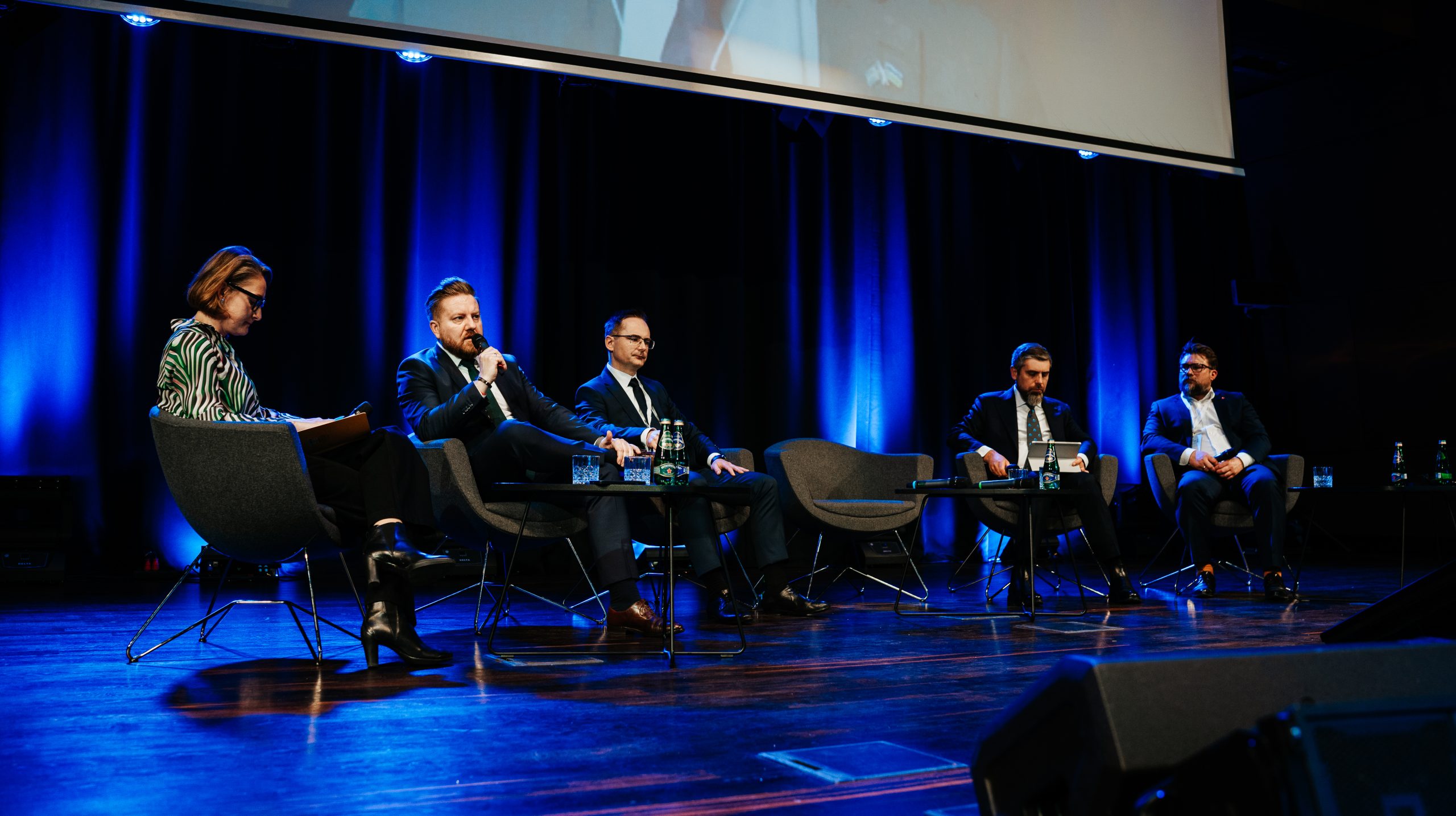
A key takeaway from Świerżyński’s contribution, as highlighted by the summit organizers, was the understanding that the Baltic region needs to accelerate the modernization of its ports to meet the growing demands of the offshore sector, drawing inspiration from the North Sea’s experiences while adapting solutions to local conditions. He also noted the potential key role of smaller ports, such as Władysławowo, the service base for Ocean Winds’ BC-Wind offshore farm, in supporting offshore operations, long-term industry growth, and the region’s energy security. Świerżyński emphasized that collaboration between developers, port authorities, and policymakers is essential to streamline logistics, enhance efficiency, and ensure investment stability.
The Baltic Sea Offshore Wind Summit 2025 underscored the significance of collaboration, innovation, and strategic planning in pursuing a sustainable energy future. Key support for the event was provided by Leading Summit Partners PGE Baltica and Baltic Power, along with Official Summit Partners Ignitis Renewables, OW Ocean Wind, the Royal Danish Embassy, Rumia Invest Park, and the Danish Energy Agency.
The next edition of the Baltic Sea Offshore Wind Summit 2025 will be held in Brussels in October, with a return to Gdansk scheduled for March 2026.
